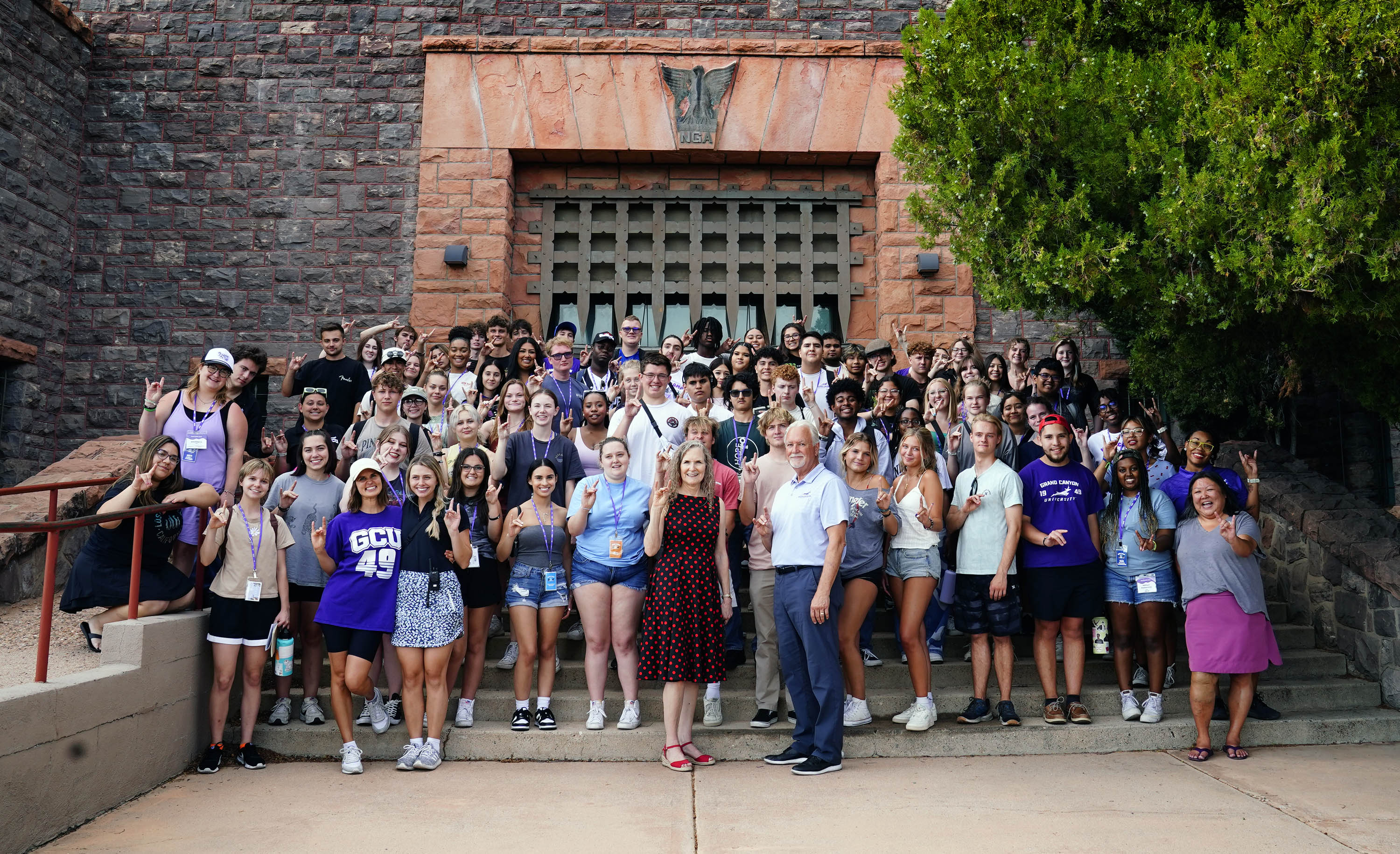By Elizabeth Kendall
GCU Office of Student Care
#Askingforafriend
Many of you know someone who has lost a loved one. When this happens, knowing what to say or do can be difficult.
To begin, it’s important to understand that everyone grieves differently. You may have experienced this yourself within your family or friend group.
Grief is a natural response to death and is experienced through a variety of emotions — anger, sadness, guilt, relief, anxiety, fear, etc. These emotions manifest in a variety of ways, especially in times of death.
For example, some may choose to talk about their loved one, while others will have no desire to share their feelings or details of the passing. Some may come across irritable, emotional or withdrawn.
Whatever their response is, there are ways to support them as they begin their grieving process:
- Acknowledge the individual who has passed. If you knew them, let them know what the deceased individual meant to you or share a positive story of how you will remember them. If you did not know the person, perhaps express that you are thinking of them and encourage them to spend the time they need to grieve and take care of their family/themselves. You may also share what you noticed about their relationship: “I remember seeing you light up with joy as you talked about (him/her) and walked away from that moment with a great sense of all the love you gave (him/her).”
- Just be there. How this looks will depend on your relationship. It may be simply sitting with them silently as they cry, allowing them to talk to you about their loss without reservation, or letting them know that you are in their corner. Grief can be an isolating emotion, so your caring presence can mean much more than you realize.
- Be specific in helping. Offer to watch the kids Tuesday night, prepare dinner on Friday, relay messages, cover for them at work if they need a break, give an extension on an assignment, etc. Death generally brings a host of decisions with funeral or memorial services, settling affairs and family situations. With all the chaos that can accompany death, solid and specific offers of assistance can be extremely relieving.
- Continue to include them. Although many people naturally feel uncomfortable socializing after the loss of their loved one, do not shy away from continuing to invite them to participate in conversations, get togethers or events. Supporting your connection with them at this time may feel awkward. However, it offers them a reminder that they have people looking out for them who are prepared to welcome them back with open arms when they are ready to reconnect.
Above all, be sensitive to the pain they are experiencing. Avoid silver linings (“At least …”) offering advice or trying to compare the death with a loss of your own. Sometimes, there are no right words, only silent prayers. Let yours be with the grieving individual and all those touched by their loss.










